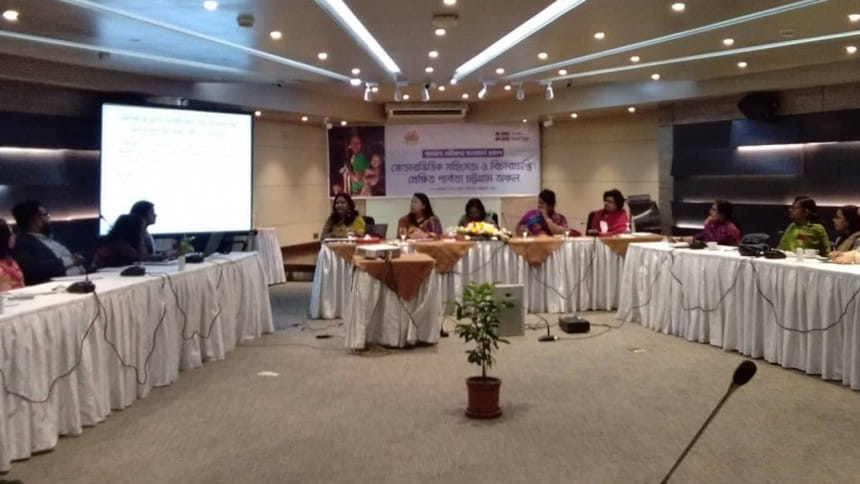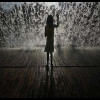44pc ethnic minority women in CHT victims of domestic violence: MJF study

Forty-four percent women of the ethnic minority communities in the Chittagong Hill Tracts (CHT) have experienced violence at home at least once in their lifetime, a survey by Manusher Jonno Foundation (MJF) has revealed.
Of them, 33 percent faced physical violence, 38 percent experienced mental torture, 19 percent went through economic oppression while 5 percent faced sexual violence, according to the study revealed at Dhaka’s Brac Centre today.
Anthropology Professor of Jahangirnagar University Ainoon Naher presented the paper titled “Gender based violence (GBV) and access to justice for the ethnic women and girls in CHT” at the event moderated by MJF Executive Director Shaheen Anam.
MJF interviewed 1,155 women -- aged between 19 and 40 -- in Bandarban, Rangamati and Khagrachhari throughout March and April last year and came up with the results.
According to the study, over 45 percent women experienced multiple forms of violence at workplace and/or at educational institution; 61 percent felt most vulnerable at marketplace, 45 percent at crop field, 6 percent in educational institution, and 3 percent in office.
Six percent said that the nature of violence they endured was physical, 37 percent mentioned mental torture, and 11 percent suffered sexual harassment.
More than half of the respondents said they faced violence on roads, in transports and at public gatherings. Both Bengali and ethnic minority men were widely accused in their accounts.
Thirty-five percent of the victims and their families approached the traditional local justice system, 28 percent approached Union Parishad, 14 percent sought justice through local/community salish (village arbitration council), 12 percent through NGOs, while only 3 percent went to the court.
Majority of the survivors did not seek any support, according to the study conducted under an MJF project “Strengthen civil society and public institutions to combat GBV against women and girls.”
Parliamentarian Basanti Chakma was present as the chief guest while Jesmin Ara Begum, the first female solicitor in Bangladesh, was the special guest at the event.

 For all latest news, follow The Daily Star's Google News channel.
For all latest news, follow The Daily Star's Google News channel. 







Comments